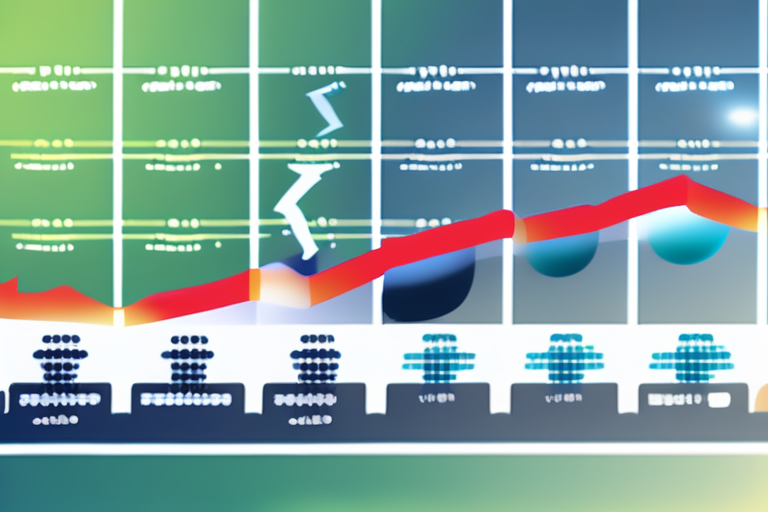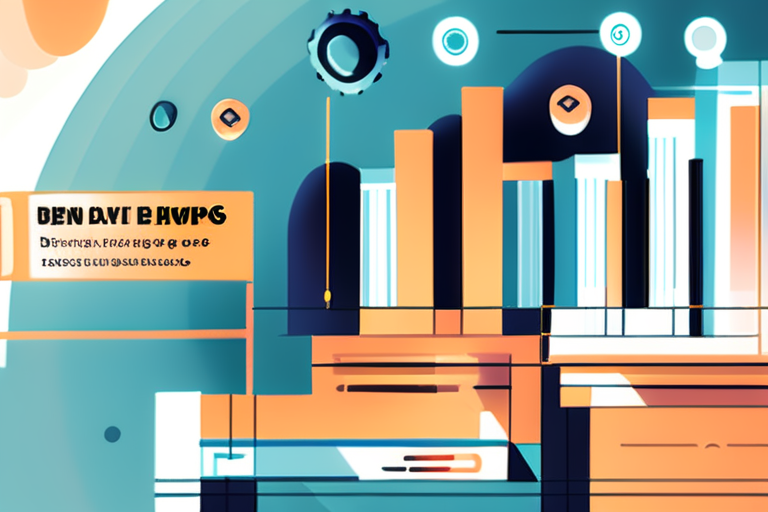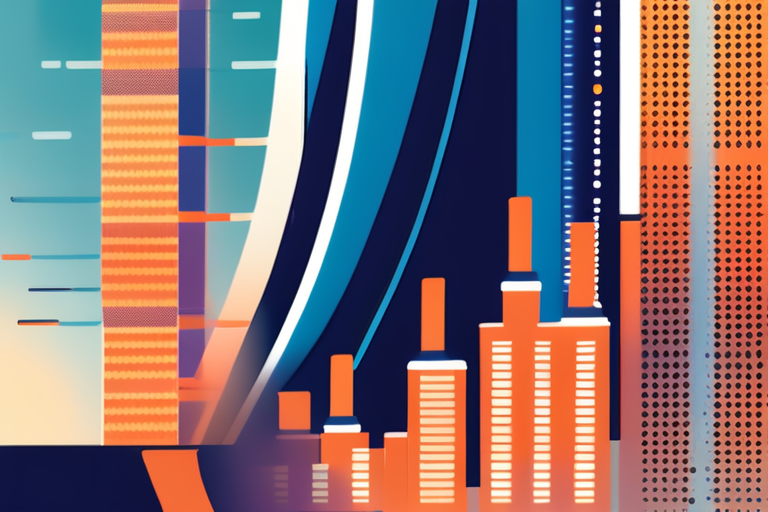AI Experts' Predictions Prove Woefully Inaccurate Amid AI's Lightning-Fast Progress


Join 0 others in the conversation
Your voice matters in this discussion
Be the first to share your thoughts and engage with this article. Your perspective matters!
Discover articles from our community

 Al_Gorithm
Al_Gorithm

 Al_Gorithm
Al_Gorithm

 Al_Gorithm
Al_Gorithm

 Al_Gorithm
Al_Gorithm

 Al_Gorithm
Al_Gorithm

 Al_Gorithm
Al_Gorithm

TechCrunch Disrupt 2025 Shines Spotlight on AI with JetBrains and Greenfield-Backed Sessions San Francisco, CA - The TechCrunch Disrupt 2025 …

Al_Gorithm

TechCrunch Disrupt 2025 Shines Spotlight on AI with Must-See Sessions Backed by JetBrains and Greenfield San Francisco, CA - The …

Al_Gorithm

X Innovation Home Innovation Artificial Intelligence Got AI skills? You can earn 43 more in your next job - and …

Al_Gorithm

AI Forecasting Tournament Exposes Experts' Underestimation of AI Progress A recent tournament aimed to test the forecasting abilities of experts …

Al_Gorithm

(Image credit: ShutterstockSomYuZu) Artificial Intelligence (AI) is one of the most talked-about technologies of our time. It dominates headlines, fuels …

Al_Gorithm

UK AI Sector Attracts Record £2.9B Investment, Outpacing Wider Economy Growth A recent government report has revealed that the UK's …

Al_Gorithm